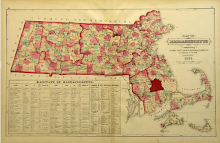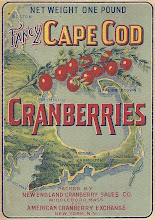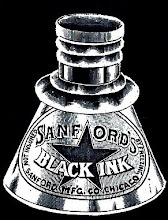
An unusual feature of the early herring auctions was not the availability of alcohol at these events, but the fact that it was provided by the town at taxpayer expense, undoubtedly as a means to lower financial restraint on the part of bidders. A record of October 6, 1789, notes the naming of a “vendue master” (auctioneer) and a vote that free liquor should be provided “to encourage the sale”. Other votes record the earmarking of ten shillings for the purchase of liquor and compensating a local resident for the use of his home as both an auction locale and site for storing the drink. In fact, much greater amounts were expended by the town providing alcohol with which to “lubricate” its auctions. In 1779, Hercules Weston was paid two pounds, 10 shillings for “Liquor at the Sale of the Alewives”, while Thomas Sproat was paid nearly twice as much the following year. Given these sums, the figure for providing liquor at the 1781 auctions – twelve pounds (which was paid to Sproat) – was truly astounding.
Too much alcohol, however, could prove problematic; yet “another record reveals that with the free liquor at a herring sale, the crowd became too noisy to continue the sale, which had to be adjourned.” Undoubtedly, such rowdiness at the annual alewife auction fueled efforts by local temperance advocates to limit the sale and consumption of alcohol which would be pursued with renewed vigor during the first half of the nineteenth century.
By the 1790s, the practice of auctioning the right to take fish from the river to a single individual seems to have created some consternation, and ultimately the practice was considered by the Massachusetts legislature. “…Doubts have arisen, whether the inhabitants of … Middleborough are authorized by law to agree with and hire any person or persons to take [alewives], and sell them at the price stipulated by the law, and to account with the said inhabitants for the net proceeds.” Ultimately, in early 1802, the legislature passed an act sanctioning the practice.
Sources:
An Act in Addition to the Several Acts Now in Force, Regulating the Taking of the Fish Called Alewives, in the Town of Middleborough.
Brockton Enterprise, “Selectmen Hear Interesting Data on Herring Disposition”, February 23, 1949.
Middleborough Town Treasurers Book July 18th 1769 et seq.
Old Colony Memorial, “County and Elsewhere”, June 21, 1883.
Weston, Thomas. History of the Town of Middleboro. Boston, MA: Houghton, Mifflin and Company, 1906.






















+of+Smoky+Mountains+018.jpg)
0 comments:
Post a Comment